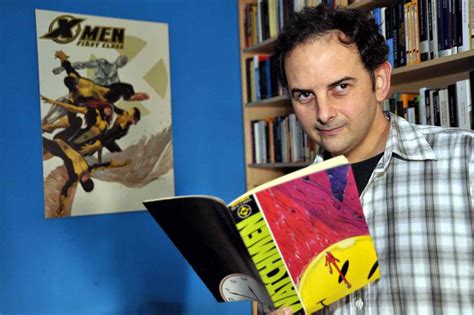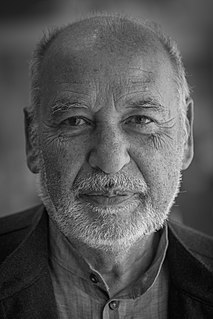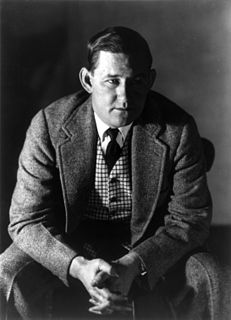A Quote by Marco Rubio
For most of history, almost everyone was poor. Power and wealth belonged to only a few.
Related Quotes
In progressive societies the concentration[of wealth] may reach a point where the strength of number in the many poor rivals the strength of ability in the few rich; then the unstable equilibrium generates a critical situation, which history has diversely met by legislation redistributing wealth or by revolution distributing poverty.
Power from any source tends to create an appetite for additional power. It was almost inevitable that the super-rich would one day aspire to control not only their own wealth, but the wealth of the whole world. To achieve this, they were perfectly willing to feed the ambitions of the power-hungry political conspirators who were committed to the overthrow of all existing governments and the establishment of a central worldwide dictatorship.
Even if the wealth and power be well distributed throughout a community, its members will not be happy unless they are inwardly so, and obviously where the distribution is bad, where the few have a vast superfluity and the many are consumed by anxiety or want, or where a few controllers can exercise their will over the many, society has failed, even though its total wealth and power be increased.
The first (lesson) which we meet again and again in history, is that once the dole or similar relief programs are introduced, they seem almost inevitably - unless surrounded by the most rigid restrictions - to get out of hand. The second lesson is that once this happens the poor become more numerous and worse off than they were before, not only because they have lost self-reliance, but because the sources of wealth and production on which they depend for either doles or jobs are diminished or destroyed.
The bureaucratic manager, the consuming aesthete, the therapist, the protester and their numerous kindred occupy almost all the available culturally recognizable roles, the notions of the expertise of the few and of the moral agency of everyone are the presuppositions of the dramas which those characters enact. To cry out that the emperor had no clothes on was at least to pick on one man only to the amusement of everyone else; to declare that almost everyone is dressed in rags is much less likely to be popular.
It is easy to say that there are the rich and the poor, and so something should be done. But in history, there are always the rich and the poor. If the poor were not as poor, we would still call them the poor. I mean, whoever has less can be called the poor. You will always have the 10% that have less and the 10% that have the most.
The countries made themselves independent from Spain, but only changed owners, who stayed in positions of power were the criollos, the Spanish descendants who were the new administrators of power and wealth in the country. And those families for generations have maintained themselves in positions of power. Latin America founded itself on everyone being equal, but in reality we aren't.


































